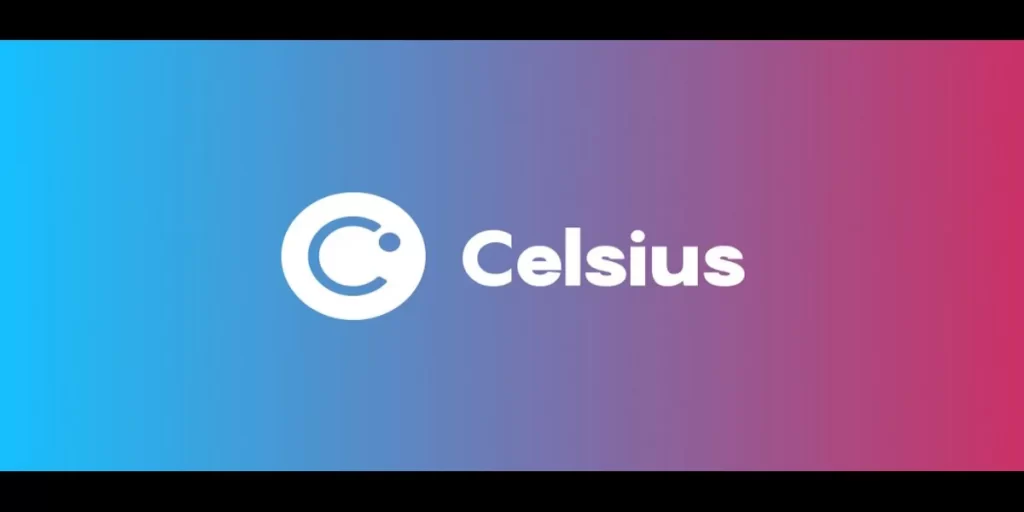
The post Celsius Network Claims $440 Million in Collateral, Pays off Debts appeared first on Coinpedia - Fintech & Cryptocurreny News Media| Crypto Guide
Celsius Network, a cryptocurrency lender had halted withdrawals last month amid liquidity concerns after the cryptocurrency market and Terra (USDT) collapse.
On Thursday, however, it fully repaid a loan on Maker, one of the biggest decentralized finance (DeFi) platforms in the crypto world, and it was able to reclaim $440 million in collateral.
According to on-chain data, a wallet associated with Celsius paid back the remaining $41.2 million of the loan in DAI, the stablecoin for the Maker system.
In response, the Ethereum blockchain’s Wrapped Bitcoin Token (WBTC), which serves as a bitcoin counterpart, was released via the Maker protocol and pledged as security for the loan.
In light of the last trading price of WBTC, which was over $20,400, that amounts to around $448 million.
What Does This Mean For Celsius?
The action will significantly increase the financial liquidity of the struggling crypto lender. On June 12, Celsius stopped all customer withdrawals and transactions to prevent a run on the bank.
The collateral that Celsius released “may be sold on centralized exchanges or via over-the-counter to settle creditor claims and consumer withdrawals,” Fundstrat analyst Walter Teng told Coindesk earlier this week.
The native token of the Celsius platform, CEL, surged by 10% shortly after the revelation, but it has lost 81 percent of its value since the year’s beginning. Earlier this month, Celsius began gradually reducing its debt to the Maker protocol, repaying $224 million in total over the last seven days.
The majority of loans made through decentralized lending platforms like Maker are overcollateralized, which means that the borrower must put up more valuable assets as collateral than the loan itself is worth. Celsius decided to pay back the loan because doing so would allow it to seize the precious collateral for a small portion of its market value.

 2 years ago
121
2 years ago
121



![TRON [TRX] price surge imminent? – These KEY signs say yes](https://ambcrypto.com/wp-content/uploads/2025/07/TRON-Featured.webp)










 English (US) ·
English (US) ·